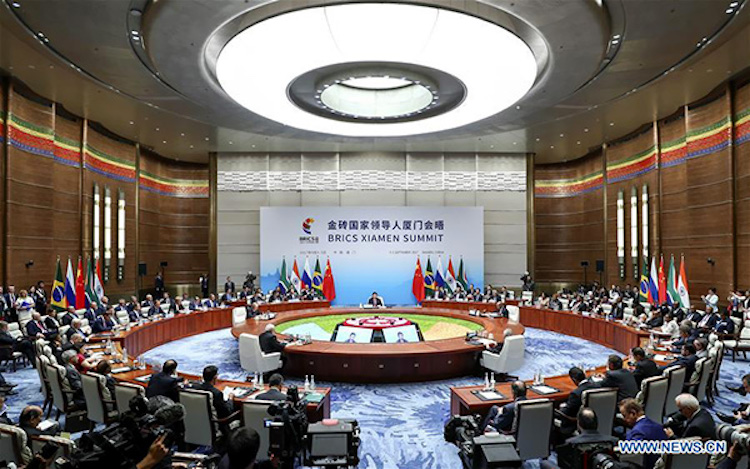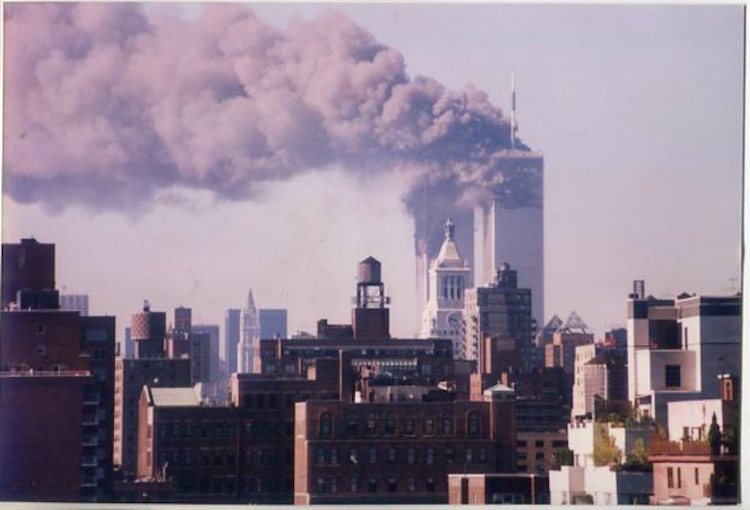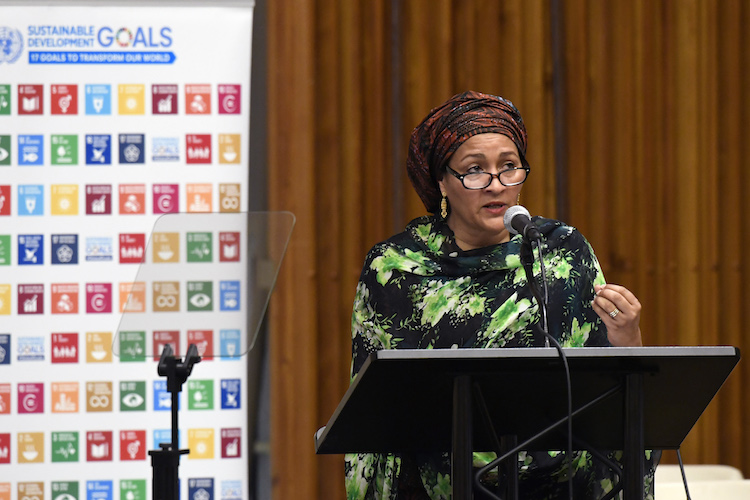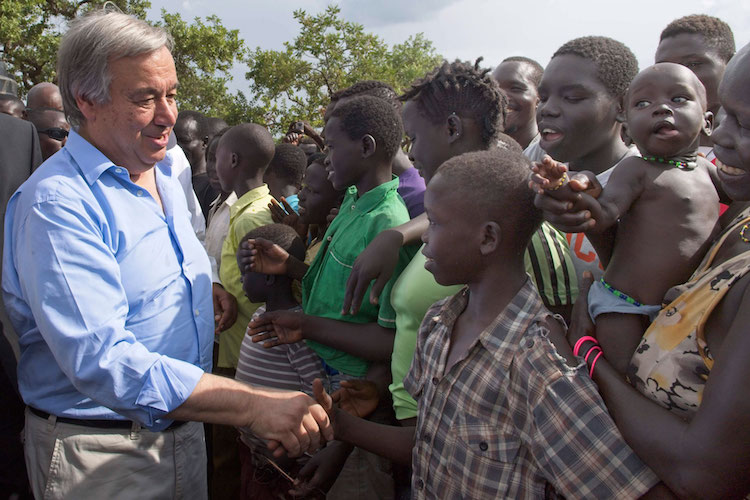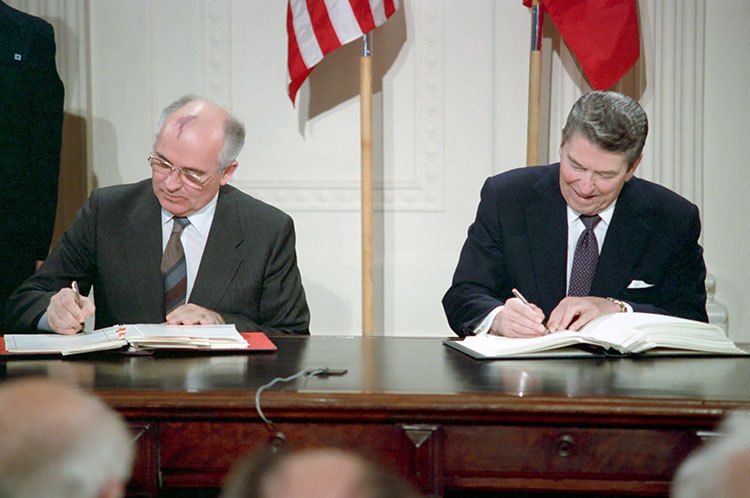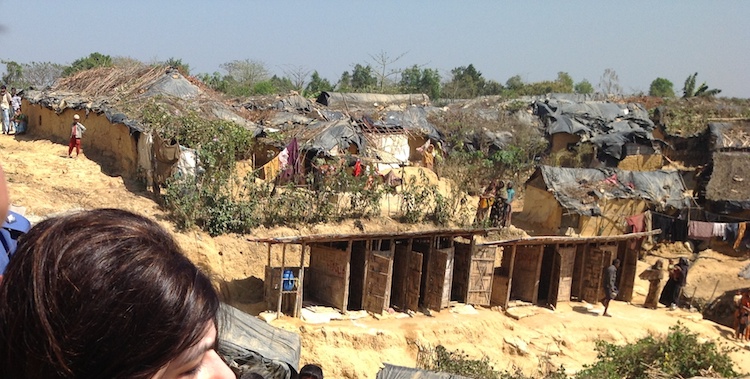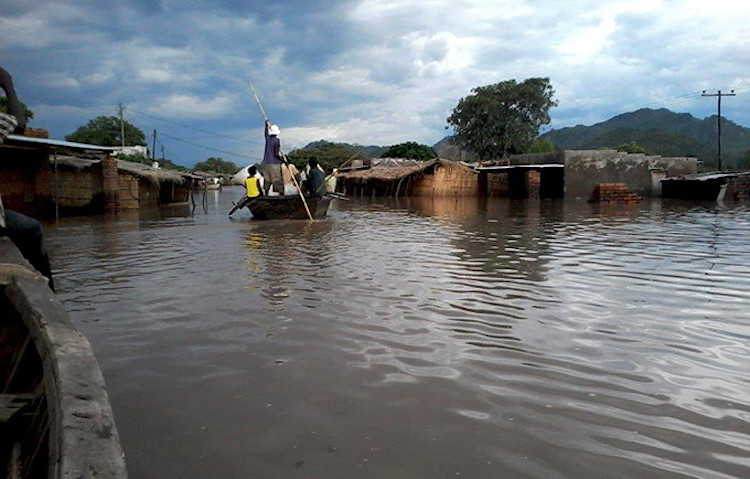By Ramesh Jaura
BERLIN | ASTANA (IDN) – Kazakhstan’s “biggest and probably most ambitious event” EXPO 2017, which concluded in the capital city on September 10 after three months, is leaving behind some far-reaching legacies.
One of the legacies is ‘Nur Alem,’ the world’s largest spherical building with the diameter of 80 and height of 100 meters. It is the world’s first ‘complete sphere’ building and hence called the Sphere. Integration of photovoltaic elements into the façade allows conversion of sunlight energy into electric one. Two wind generators are also provided for at the upper part of the sphere. Watch Our Video for an interview with Kazakh Deputy Foreign Minister Roman Vassilenko on the legacies of EXPO 2017 Astana


